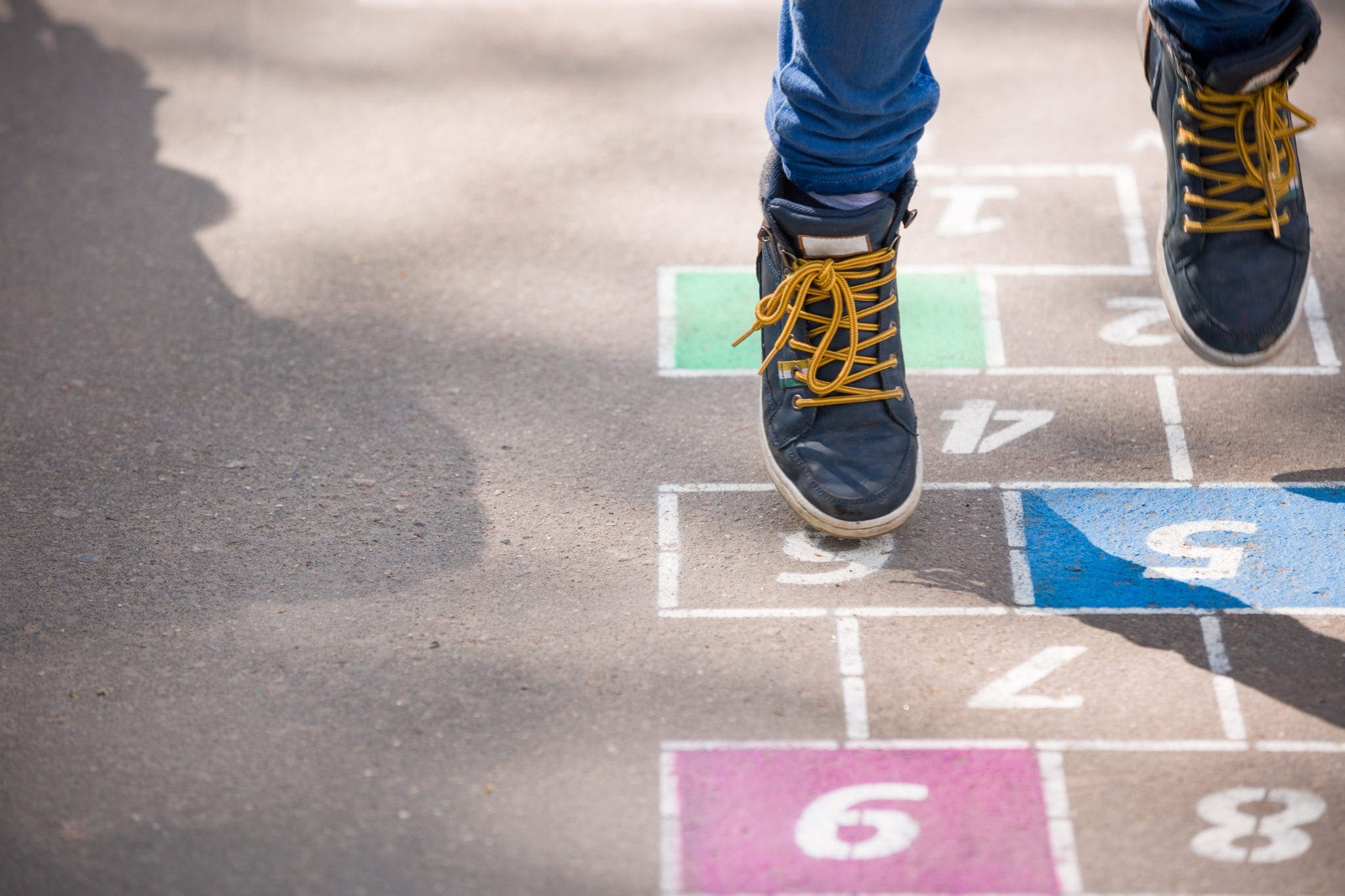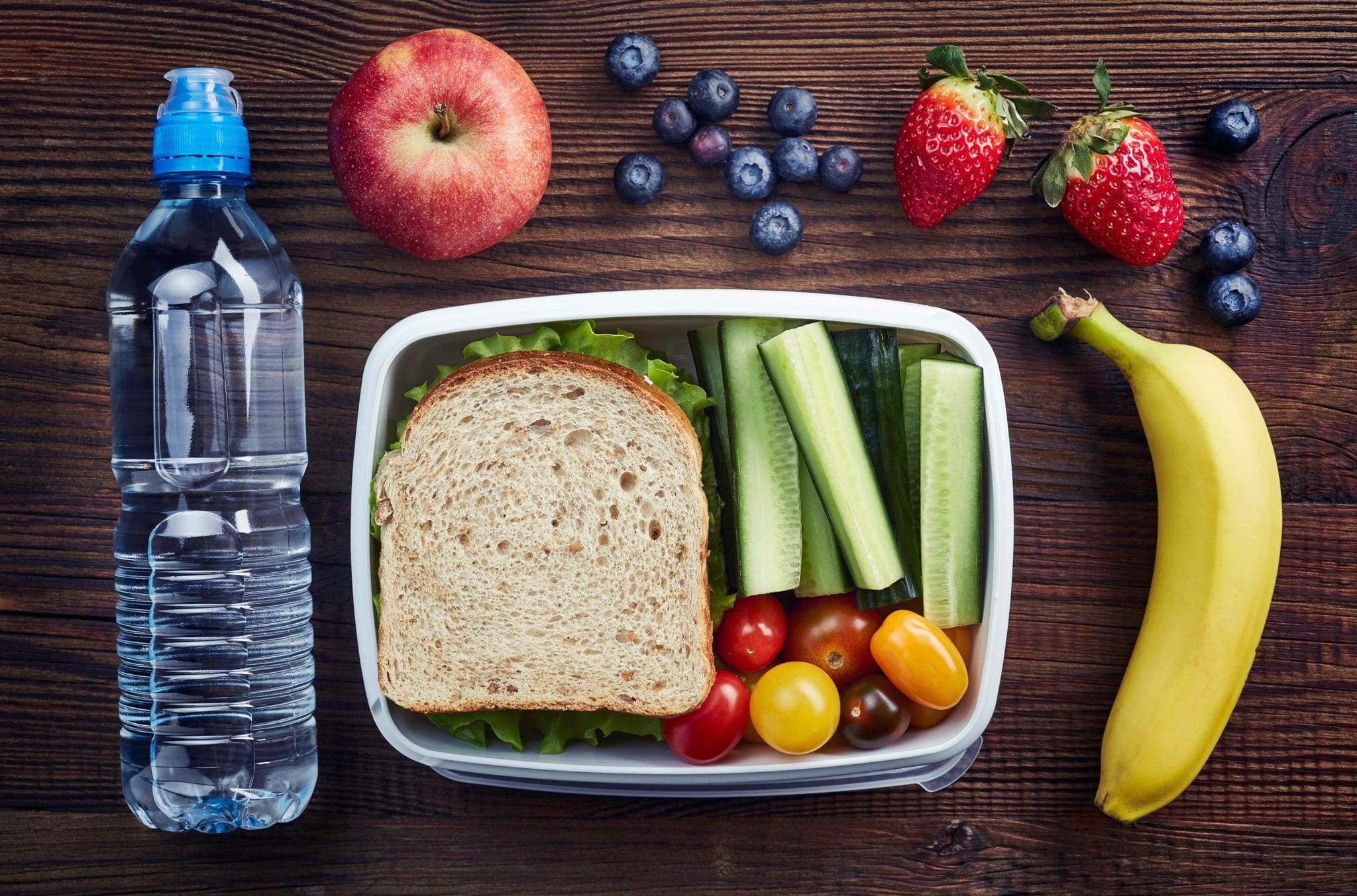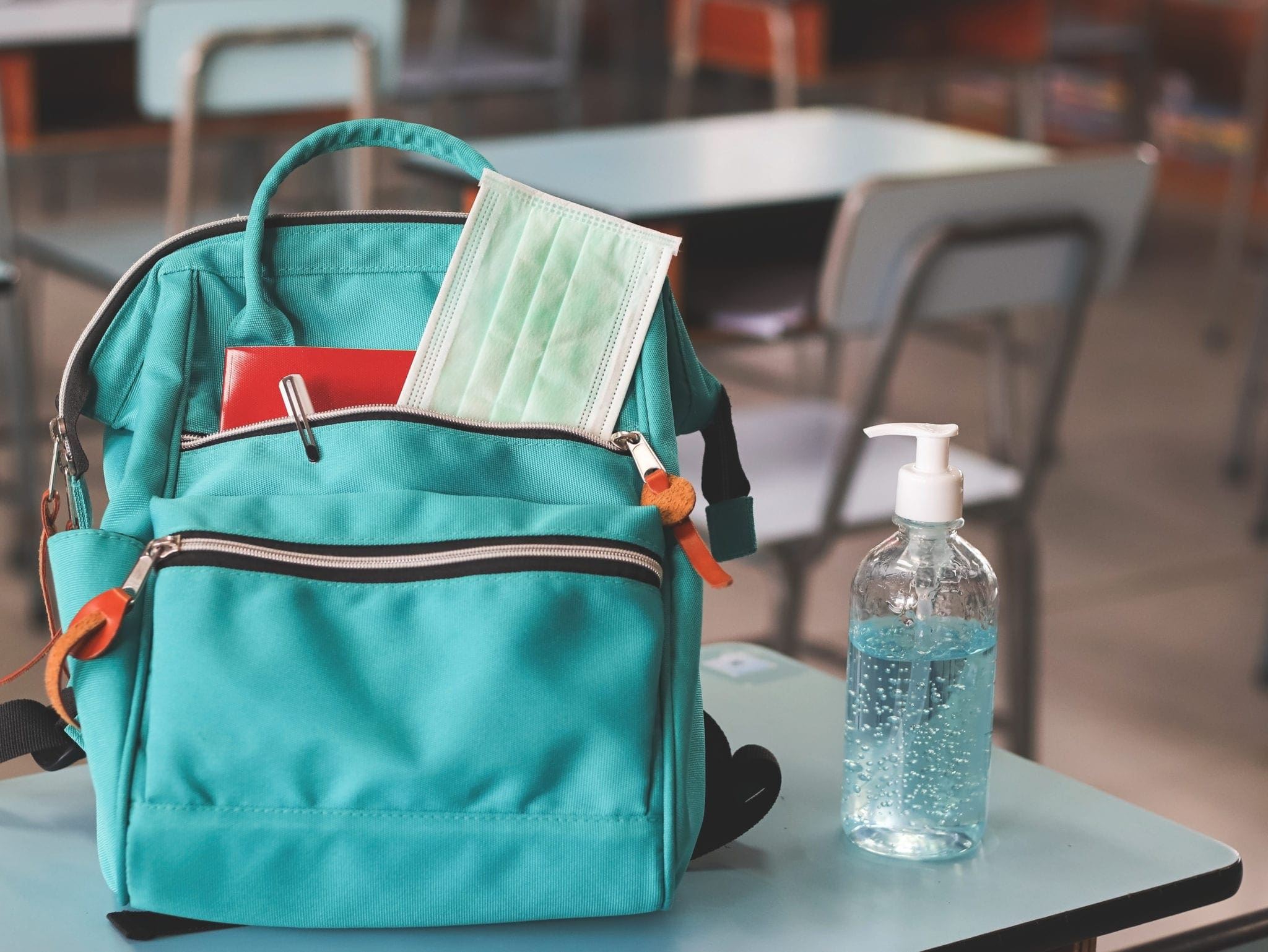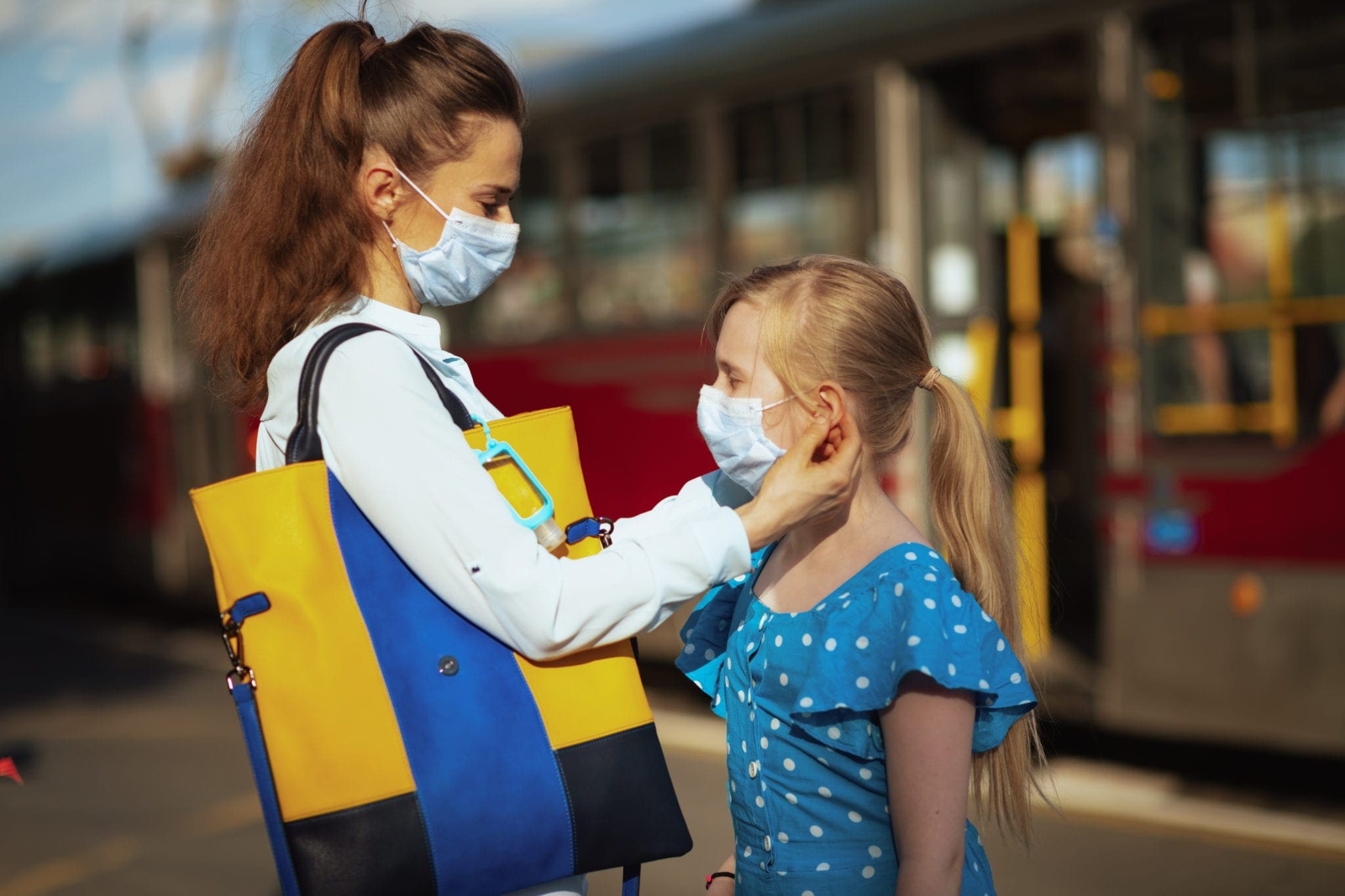Local Member Bundle
Congratulations, you’ve chosen our local membership bundle for:
Featured Items
Our top tips for heading back to school after lockdown

Starting or returning to school in September is always a time filled with excitement and a bit of trepidation for both children and their parents, but after six long months of no school, childcare or after-school activities, kids will need a little extra support to prepare them for the 2020/21 academic year. Here we share a few tips to help make the transition a little easier for everyone.
Ah, September… a month filled with new beginnings, fresh stationery, and an opportunity to return our routines back to their optimum settings. For once, we actually look forward to early bedtimes. We research new ideas for lunchbox fillings and children’s wardrobes are filled with freshly-pressed clothes and pristine new shoes. We’re reminded of our own childhoods as we write with a Sharpie, names in books and on drink bottles and bags. It’s a happy time all around, just as it should be.
However, with all the running around, purchasing notebooks and pens, face masks and hand sanitiser, it’s easy to forget that this year, students will be facing greater challenges than usual when starting school. Routines are out of whack, anxieties are higher than normal, and when it comes to expectations, we’re back to the drawing board.
“Returning to school can cause anxiety for children and parents at the best of times, but none more so than in the midst of a pandemic, where children have been at home for almost six months,” says Dr Malie Coyne, clinical psychologist, NUIG lecturer, mother of two, and author of the recently published Love In, Love Out: A compassionate approach to parenting your anxious child (HarperCollins). “Anxieties around how your child will re-adapt into school may be rife, as well as concerns over safety and the uncertainty of what school life will actually look like. Feeling anxiety during uncertain times is a natural human response for both children and parents. Having spent so much time together as a family over the past few months, many children may understandably experience anxiety at being separated from their parents, and parents may also feel worry at letting their children go from the safety and security of their homes.”
“Children may develop anxieties as the weeks’ pass, as they may find their experience quite different to what they were used to,” advises Dr Coyne. “Having spent so long with a slower pace of life, children may feel overwhelmed by the expectations of school and having to get used to new rules and regulations. Some may struggle with not having as much close contact with teachers; others with having to wear a face mask. On the other hand, there is no certainty that children will experience anxiety on return to school. What the last few months have shown us is that children are resilient and incredibly adaptable to new situations. Whilst they may struggle a bit at first, they might be okay once they get used to it.”
Now that children are returning to school, what can parents be on the lookout for to ensure their children are coping? “Normalising the feeling of anxiety really helps children, as well as talking to them about how anxiety might affect them,” says Dr Coyne. “If your child is feeling anxious about school, it might help them to know that anxiety is not a sign of anything being wrong with them or of being weak. It’s a sign that their strong, healthy brain is doing exactly what it’s meant to do to protect them from danger. It’s just that it’s gone a little overboard, which has set off a chain reaction of nasty feelings in their body and a colourful array of doom and gloom thoughts, which has made them avoid things and lose touch with things that bring them pleasure.”
“Anxiety becomes a problem when it affects a child’s sense of who they are, their relationships and their engagement with school and other activities,” Dr Coyne warns. “Anxiety becomes a problem when a child’s worries – whether their thoughts, feelings or physical sensations – are making them avoid situations, which in turn restricts their learning and enjoyment of life. If your child has been struggling with one or more of these symptoms more days than not for the past six months, it may be time to talk to your GP, who can advise you about reputable local support services: excessive anxiety and worry about a number of events or activities; worry that is hard to control; restlessness or feeling keyed up or on edge; becoming easily fatigued; difficulty concentrating or mind going blank; irritability; muscle tension; sleep problems; trouble in school, in social settings, or dealing with others.”
If your child has just started in a new school, whether that’s junior infants or first year of secondary, Dr Coyne has some reassuring advice: “Just because you think your child may have difficulty transitioning into a new experience doesn’t mean they will. Because these are new experiences for them, they won’t know what junior infants or first year was like before. Children are very adaptable, so you may be surprised at how well they adjust.”
Here are just a few more things you can do to help your whole family readjust to back to school routines…
Remind your child(ren) about all the things they’ve missed these last six months. Seeing their friends, learning inside an actual classroom, yard time… If anything, the lockdown has made us all realise just how wonderful things like going to school and work are. Stay positive and keep gently reminding them of all the fun things they’ll get to do now they’re back in school.

If your child used to have access to school lunches, chances are that’s on hold this year due to restrictions, so variety will be more important than ever. And getting your child to help with preparations will ensure you don’t add to your own workload. Make a meal plan together each week before you head to the shops and batch cook things like soups, stews and pasta dishes so you have plenty of options on hand. Also, invest in some temperature-controlling containers so food is enjoyed just as it should be by break time. Chilly’s lunch pots, €25 for 300ml or €28 for 500ml, are perfect for keeping food hot or cold until lunchtime and come in a range of colours to suit your child’s taste; while the reusable bottles, €30, won’t leak and will keep drinks hot or cold for several hours. All are available at reuzi.ie.

Whether it’s junior infants or first year in secondary, or your child has changed schools due to a move or other reasons, starting a new school is scary at the best of times. Starting during a pandemic where everything is different throws up a whole new set of challenges. Make sure your child is well aware of all the new changes they’ll face, including things like social distancing and regular hand washing, and in the case of secondary school, wearing a face mask. With junior infants, check they know how to open and close their lunchbox and drink containers, take off and fasten their jacket, and find everything they’ll need in their pencil case and school bag. And most importantly, reassure them that this is an exciting time for them and that if they need to talk about anything at the end of the school day, that you’re there to listen. Ask detailed questions at the end of each day to check how they’re getting on and offer helpful advice whenever they feel worried or anxious about something.

We know – school supply shopping was a little different this year. Uniforms must be extra clean, books and stationery are kept either at home or in school. And when it comes to secondary students, masks with ziplock bags and sanitiser are expected. Thankfully, most supermarkets and shops have answered this demand by stocking a range of Covid-related supplies, so shop around and ensure you have plenty on hand to make life a little easier. If you’re looking for something a little different from what’s on the high street, try Reuzi’s Irish-made, 100% cotton reusable face masks, €6.99, which come in a range of colourful patterns and are machine washable at 40 degrees Celsius.

This one’s a little more tricky to get around and the perfect solution may not be available to you. With social distancing and fewer buses and trains operating, the school run is likely to be more stressful than ever. If you’re worried about your child’s normal route to school, try linking in with other parents to see if anyone is available to carpool or if others are interested in joining you to organise a private bus. Contact local coach hire companies and ask what they require before offering a service in your area.

Drop A Dress Size
6 Week Challenge
Join now!
For assistance, please contact our support team. Thank you.



Congratulations, you’ve chosen our local membership bundle for:



Congratulations, you’ve chosen our online only membership bundle for:



Congratulations, you’ve chosen our online membership bundle for: